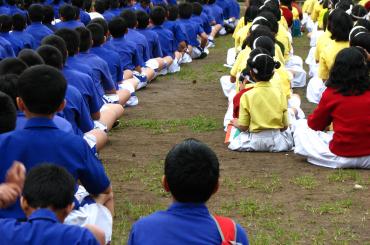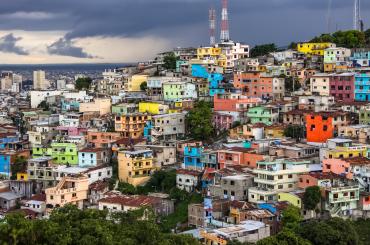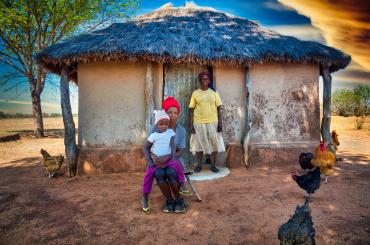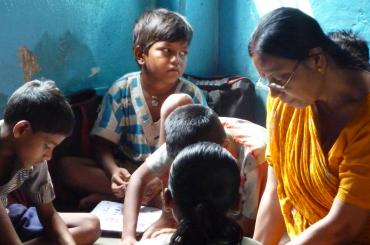
Inequality
-

Educational disparities between children begin at home
Evidence from India shows that inequality between children starts at home, when parents decide how to split investments in education between their children
-

How does trade affect income inequality? Evidence from Ecuador
New measures of export and import exposure at the individual level show that international trade increases earnings inequality in Ecuador
-

How child mortality persists across generations
In developing countries, women with at least one sibling who died in childhood face 39% higher odds of losing a child themselves
-

Pooled procurement of drugs in low- and middle-income countries can lower prices and improve access
Centralised procurement by the public sector leads to lower drug prices, but the price reduction is smaller when the supply side is more concentrated
-

How services drive the growth of emerging economies: Evidence from India
Service-led growth can be a viable development strategy for the developing world; however, its fruits might disproportionately benefit the rich
-

To each according to their needs
The Covid pandemic is an opportunity to look for radical answers to big questions that would not be possible in normal times
-

Can kindergarten combat learning inequality?
Participation in early childhood education programmes can lead to improved and lasting learning outcomes for disadvantaged children
-

Paying outsourced labour: Evidence from linked data in Argentina
Novel administrative data reveal that firms share a significant amount of rents with temporary workers, but less than with their permanent employees
-

Ethnic stratification: A new measure to predict social conflict
A new index of ethnic stratification reveals that ethnic differences matter for conflict if, and only if, they coincide with economic differences